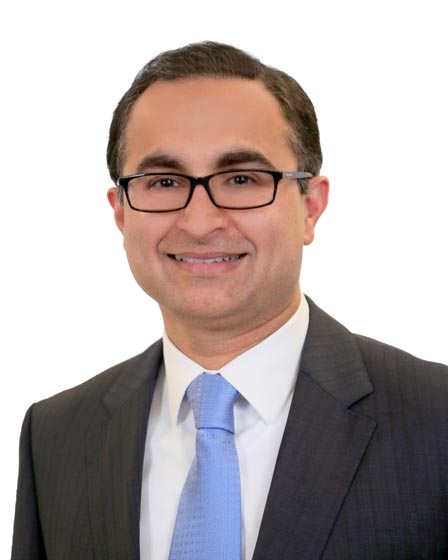Image

Our cardiologists provide expert care for atrial fibrillation and other heart rhythm disorders at locations across northern New Jersey
Englewood Health is a proven leader in the field of heart rhythm care, with extensive experience treating arrhythmias.
Atrial fibrillation (AFib) is the most common type of heart arrhythmia (abnormal heart rhythm) that occurs as we age. If left untreated, this irregular heartbeat can lead to blood clots, stroke, heart failure and other heart-related complications.
To diagnose atrial fibrillation, your doctor will perform a physical examination and order cardiac tests such as an electrocardiogram, a Holter monitor, or an event recorder. These tests will help your doctor determine the type and severity of your AFib.
Depending on the type and severity of your condition, treatment options may include:
Medications: there are several types of medications that can help control your heart rate or rhythm and reduce your risk of stroke.
Cardioversion: electrical cardioversion is a procedure that uses low-energy electricity delivered through electrodes on your skin to reset your heart’s rhythm.
Ablation: this minimally invasive procedure uses catheters to create tiny scars in the heart to block faulty electrical signals and restore a regular heartbeat. Traditional methods of ablation use heat or cold to destroy abnormal heart tissue. A newer option—pulsed field ablation—sends electric fields through the catheters. By targeting precise areas, pulsed field ablation can prevent faulty signals from spreading to other parts of the heart. Cardiac electrophysiologists at Englewood Hospital are using the newly FDA-approved Medtronic PulseSelect™ pulsed field ablation system to deliver this novel therapy.
Pacemakers and implantable devices: Pacemakers and implantable cardioverter defibrillators can monitor your heartbeat and use electrical impulses to restore a normal rhythm when needed.
Left atrial appendage (LAA) closure: this procedure seals off the LAA, the part of the heart where blood clots commonly form, reducing the risk of stroke. Englewood Health offers two minimally invasive LAA closure options: the Watchman and Amulet devices.

Englewood Health's heart team has extensive experience implanting the Watchman and Amulet devices to treat patients with non-valvular atrial fibrillation (AFib) who are at risk of ischemic stroke.
Learn more about Englewood Health's left atrial appendage occlusion options
The team at Englewood Hospital is extremely experienced and that makes a huge difference when you’re working in such a complicated field. When you have a team of nurses and doctors that have been together for two decades, everything moves smoothly, everyone knows their roles, and everything runs like a well-oiled machine.
Asad Cheema, MD, Medical Director of the Cardiac Electrophysiology Laboratories

Besides AFib, Englewood Health’s heart team has extensive experience in diagnosing and treating all types of arrhythmias, including: